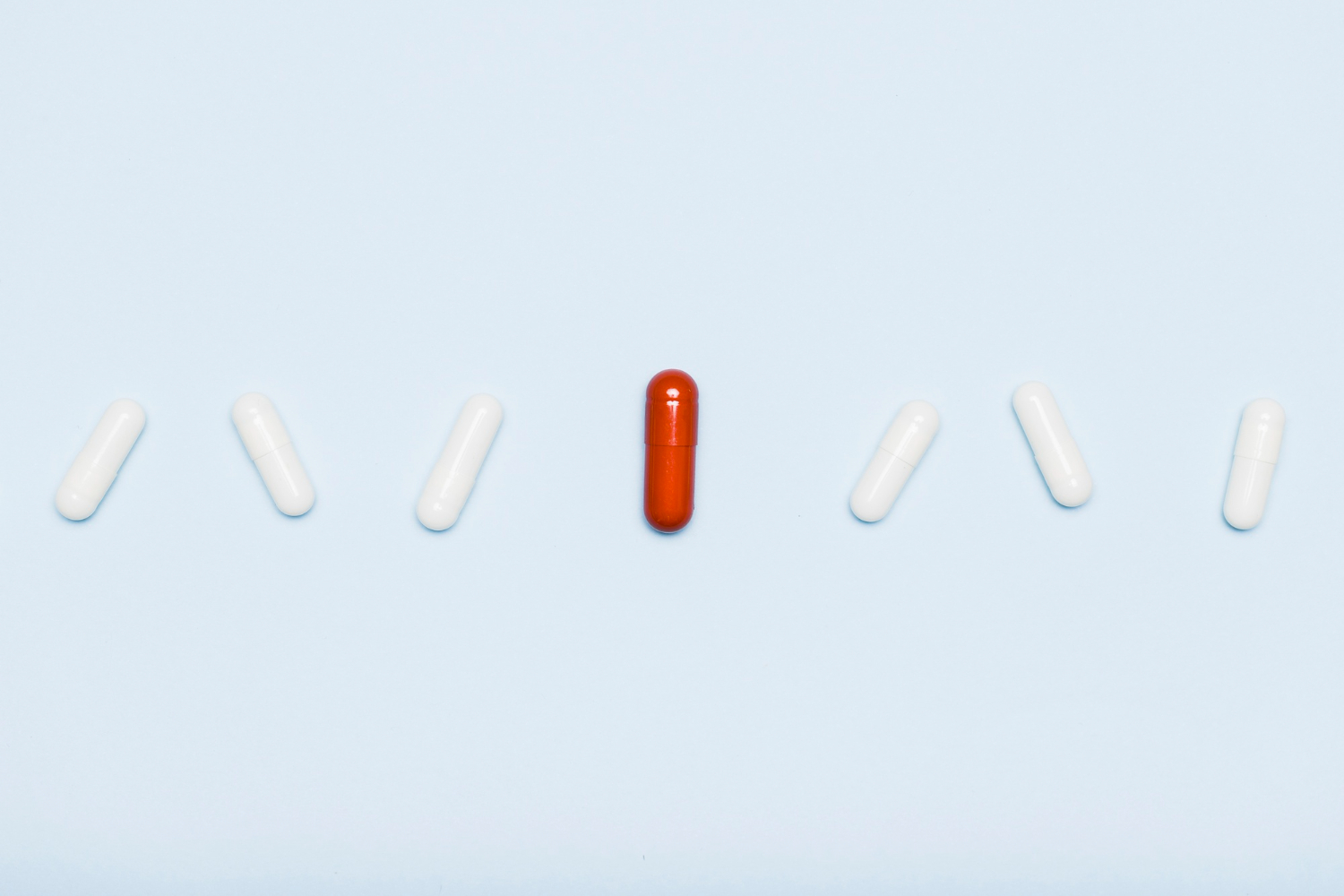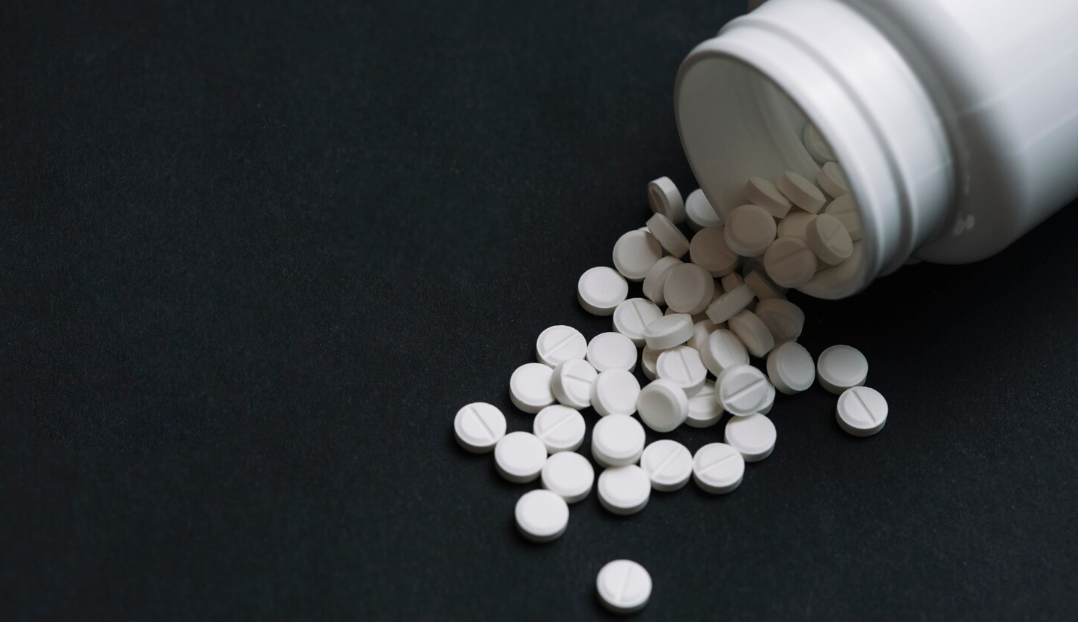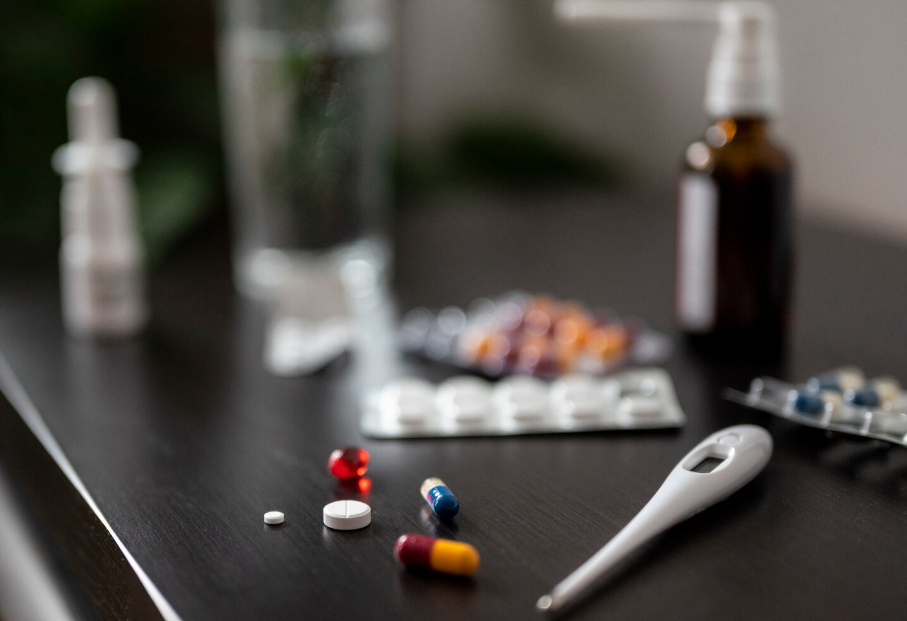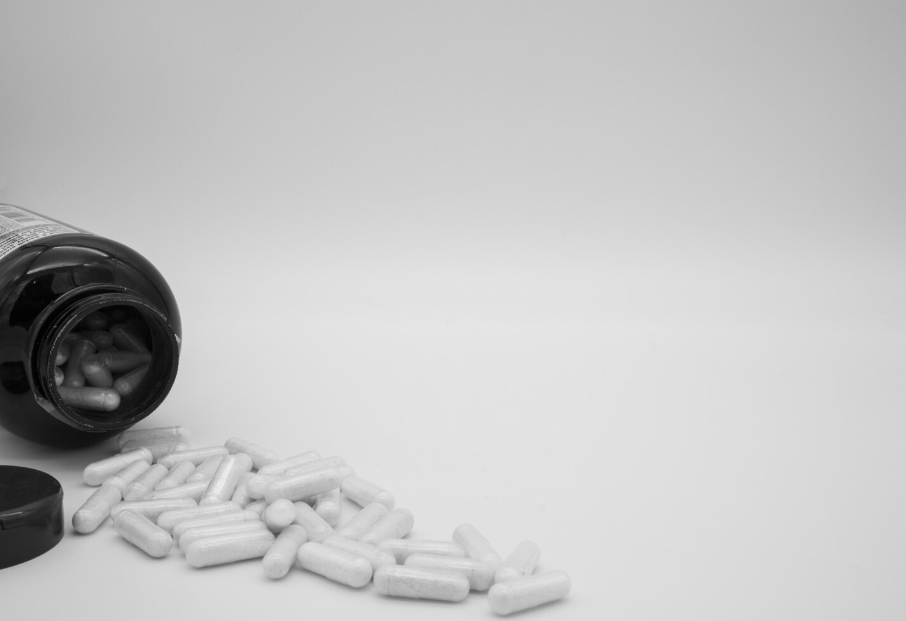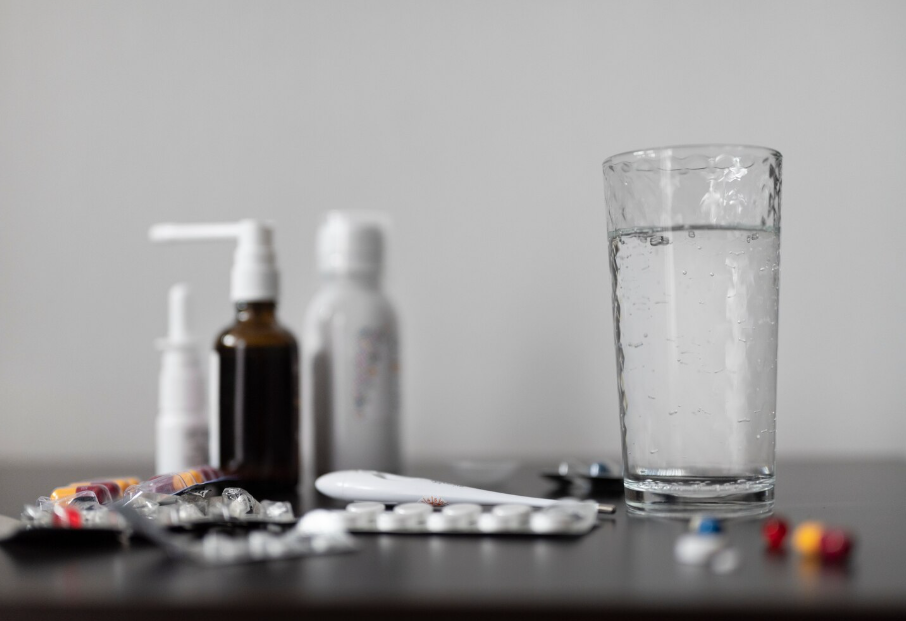Recovery from Adderall addiction takes time and proper planning. This guide explains how long outpatient rehab programs last and what affects treatment length. You'll learn about typical timelines, factors that change program duration, and how progress is tracked. Recovery programs vary for each person based on their needs and situation. Finding the right treatment length is important when choosing drug rehab facilities.
Duration of Adderall Outpatient Rehab
Adderall outpatient rehab programs usually last four to twelve weeks. The exact time depends on how well you respond to treatment and your personal needs. Each person has different challenges and strengths, so treatment length is customized for you. The program helps you build skills and learn ways to cope without relying on Adderall. Professional staff work with you to create strategies for daily life. Your recovery is unique, and the program adjusts to support your specific goals and timeline.
Factors Influencing Treatment Length
Several things affect how long your treatment will last. The severity of your Adderall addiction plays a big role in determining program length. If you have other mental health issues, treatment may take longer to address all concerns. Family support and your response to therapy also impact duration. Research shows longer treatment often leads to better results because it gives more time to address the root causes and build lasting coping skills. Treatment teams look at these factors to create the best plan for your recovery.
Typical Program Timeline
The rehab program follows a clear structure to guide your recovery. It starts with an intake assessment to understand your needs and create a personal treatment plan. The first few weeks focus on:
• Regular therapy sessions to build coping skills
• Educational workshops about addiction and recovery
• Learning healthy ways to handle stress and triggers
• Building a foundation for long-term success
Later phases include specialized therapies and relapse prevention training. The final stage focuses on aftercare planning to help you transition back to daily life successfully.
Adjusting Treatment Duration
Treatment length can be changed based on your progress and needs. Flexibility in program duration helps create better outcomes for recovery. Some people need more time to work through challenges, while others may progress faster. The program adjusts to match your pace and goals. This personal approach makes treatment more effective and increases your chances of staying sober long-term. Staff regularly review your progress to make sure the program length fits your situation.
Progress Monitoring and Adjustments
Your progress is checked regularly to make sure treatment is working well. Staff watch how you respond to different parts of the program and identify areas where you're doing well or need more help. This monitoring helps them make changes when needed to improve your treatment. The approach is based on proven methods and focuses on what's best for your recovery. Ongoing checks and adjustments help create a treatment plan that works specifically for you.
Setting Realistic Recovery Expectations
Setting achievable goals is a key part of successful recovery. Working together to create realistic expectations helps build a clear path forward. Recovery takes time and commitment, and progress isn't always steady. Staying dedicated to your treatment plan and being open to changes can lead to positive results. The treatment team provides support and proven strategies to help you handle challenges and celebrate successes. Remember that recovery is a process, and having realistic expectations helps you stay motivated throughout your journey.
Other Related Posts:


